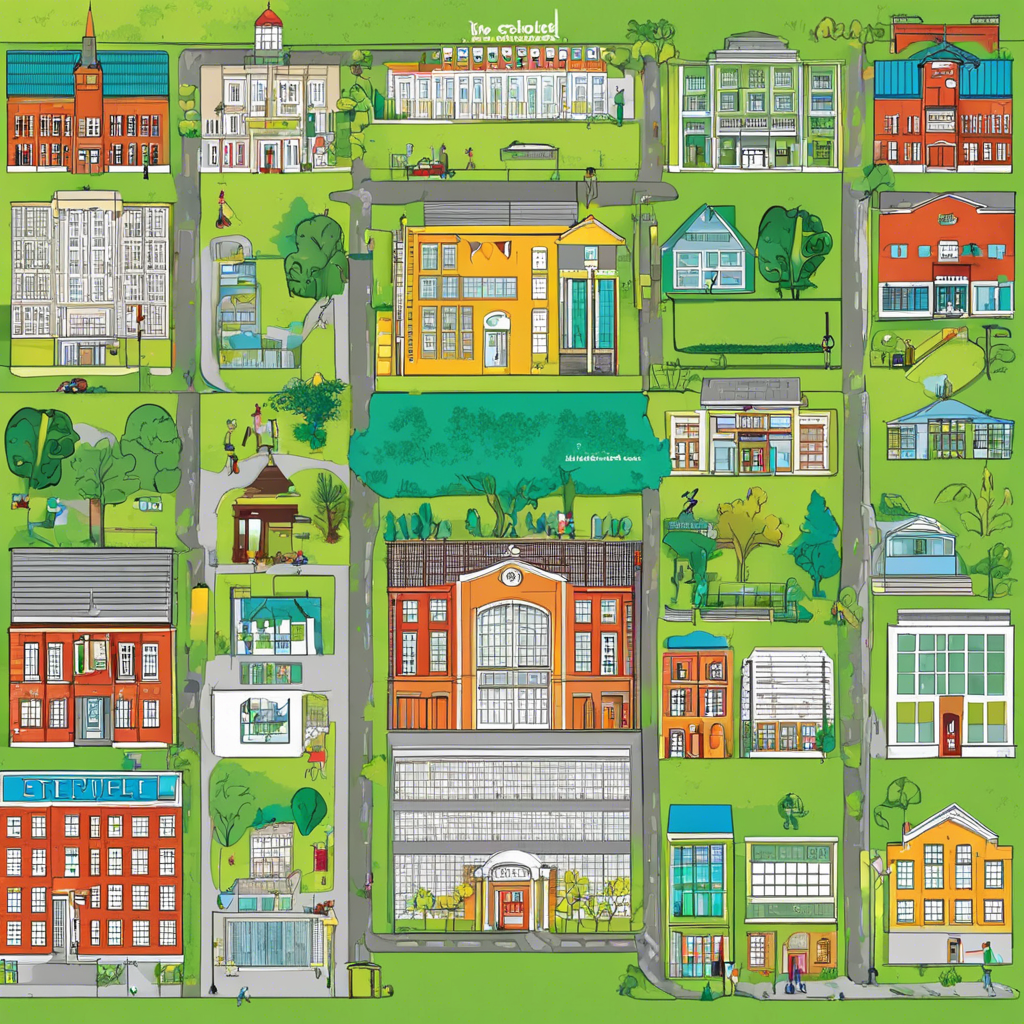Schools play a vital role in nurturing environmentally conscious citizens by incorporating sustainability into their curriculum and daily practices. Education is a powerful tool to inspire change, and schools have the unique opportunity to encourage students to become stewards of the environment. So, how do educational institutions foster this sustainable mindset? Through a multitude of initiatives, schools are promoting eco-friendly behaviors and empowering students to take action. One common approach is integrating environmental topics into various subjects, ensuring that students learn about sustainability across disciplines. Science classes might explore renewable energy sources, while math lessons could calculate carbon footprints and geography sessions focus on climate change impacts. By weaving sustainability into the curriculum, schools provide a holistic understanding of environmental challenges.
Beyond academics, schools are also implementing practical measures to reduce their ecological footprint. Many institutions are adopting recycling and composting programs, encouraging students to minimize waste. From recycling stations in classrooms to compost bins in cafeterias, these initiatives promote responsible waste management. Some schools even have gardening projects, teaching students about sustainable food production and the benefits of local food sourcing. Moreover, energy conservation is a key focus, with schools investing in energy-efficient lighting and appliances, and organizing campaigns to raise awareness about turning off lights and electronics when not in use. These tangible actions demonstrate to students the immediate impact of their sustainable choices.
Field trips and guest speakers further enhance students’ engagement with sustainability. Visiting local recycling centers, renewable energy facilities, or sustainable farms provides a hands-on learning experience. Meeting experts in environmental fields inspires students to explore careers in sustainability. Additionally, extracurricular clubs and student-led initiatives, such as eco-clubs or green teams, offer platforms for like-minded students to collaborate on projects and drive change. By providing these opportunities, schools foster a sense of community and empower students to become leaders in sustainability. In essence, educational institutions are not just teaching about sustainability; they are creating a culture of environmental responsibility and action, shaping the future leaders who will tackle global environmental challenges.
